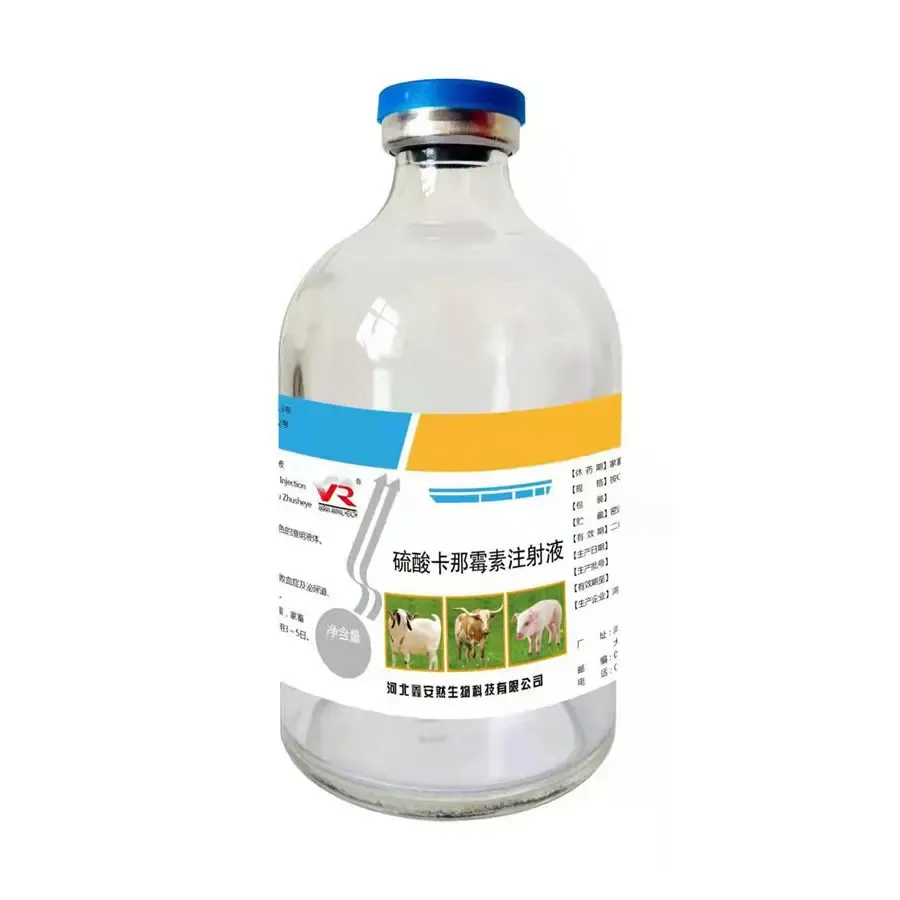- Afrikaans
- Albanian
- Amharic
- Arabic
- Armenian
- Azerbaijani
- Basque
- Belarusian
- Bengali
- Bosnian
- Bulgarian
- Catalan
- Cebuano
- Corsican
- Croatian
- Czech
- Danish
- Dutch
- English
- Esperanto
- Estonian
- Finnish
- French
- Frisian
- Galician
- Georgian
- German
- Greek
- Gujarati
- Haitian Creole
- hausa
- hawaiian
- Hebrew
- Hindi
- Miao
- Hungarian
- Icelandic
- igbo
- Indonesian
- irish
- Italian
- Japanese
- Javanese
- Kannada
- kazakh
- Khmer
- Rwandese
- Korean
- Kurdish
- Kyrgyz
- Lao
- Latin
- Latvian
- Lithuanian
- Luxembourgish
- Macedonian
- Malgashi
- Malay
- Malayalam
- Maltese
- Maori
- Marathi
- Mongolian
- Myanmar
- Nepali
- Norwegian
- Norwegian
- Occitan
- Pashto
- Persian
- Polish
- Portuguese
- Punjabi
- Romanian
- Russian
- Samoan
- Scottish Gaelic
- Serbian
- Sesotho
- Shona
- Sindhi
- Sinhala
- Slovak
- Slovenian
- Somali
- Spanish
- Sundanese
- Swahili
- Swedish
- Tagalog
- Tajik
- Tamil
- Tatar
- Telugu
- Thai
- Turkish
- Turkmen
- Ukrainian
- Urdu
- Uighur
- Uzbek
- Vietnamese
- Welsh
- Bantu
- Yiddish
- Yoruba
- Zulu
8 月 . 12, 2024 09:40 Back to list
Disinfectant Choices and Their Importance in Veterinary Practices for Animal Health Management
Disinfectants Used in Veterinary Practice
Disinfectants play a vital role in veterinary practice, serving as a cornerstone for infection control and biosecurity. The use of appropriate disinfectants not only protects the health of animals but also safeguards veterinary staff and promotes public health. As veterinary medicine has evolved, so has the formulation and application of various disinfectants, each designed to target specific pathogens encountered in different environments.
Importance of Disinfection
In veterinary settings, disinfectants are crucial in preventing the spread of infectious diseases, reducing microbial loads, and ensuring a sterile environment for surgical procedures and other treatments. Animals, particularly in crowded environments like farms and veterinary clinics, can be reservoirs of pathogens. Without effective disinfection protocols, the risk of outbreaks can significantly increase, leading to serious implications for animal welfare and economic losses for owners and practitioners alike.
Types of Disinfectants
Various types of disinfectants are used in veterinary practice, each with its unique properties and applications. Commonly used categories include
1. Alcohols Ethyl alcohol (ethanol) and isopropyl alcohol are widely used due to their broad-spectrum antimicrobial activity, quick evaporation, and ease of use. They are typically employed for disinfecting small surfaces and equipment.
2. Quaternary Ammonium Compounds (Quats) These compounds are effective against bacteria, fungi, and some viruses. They are often used in cleaning surfaces and equipment in veterinary clinics. However, their efficacy may be reduced in the presence of organic matter.
3. Phenolic Compounds Known for their potent bactericidal and virucidal effects, phenols are often used in disinfection protocols for hard surfaces, especially where a high level of decontamination is required. They can, however, be toxic to certain animals, so adequate precautions must be taken.
disinfectants used in veterinary practice

4. Chlorine-Based Disinfectants Sodium hypochlorite (bleach) is a powerful disinfectant that can eliminate a wide range of pathogens. It is vital in controlling outbreaks of infectious diseases, but care must be taken due to its corrosive nature and the potential for forming harmful byproducts.
5. Hydrogen Peroxide This disinfectant is notable for its oxidative properties, making it effective against bacteria, viruses, and spores. It is often used in advanced veterinary practices for sterilizing equipment and areas susceptible to contamination.
Application and Protocols
Effective disinfection requires thorough cleaning prior to disinfectant application. Surfaces must be free of organic matter for disinfectants to work effectively. Additionally, following the manufacturer's instructions regarding dilution rates, contact time, and safety precautions is critical.
Veterinary practices often employ different disinfectants depending on the specific situation. For instance, during an outbreak of a specific disease, a broad-spectrum disinfectant might be selected for its rapid action against pathogens. Post-surgical environments require high-level disinfection to prevent infections.
The Future of Disinfectants in Veterinary Medicine
As the field of veterinary medicine continues to advance, research into new disinfectant formulations is ongoing. The rise of antibiotic-resistant bacteria necessitates the development of novel compounds that can safely and effectively disinfect without contributing to resistance. Additionally, eco-friendly disinfectants are becoming more prominent, reflecting a growing awareness of environmental sustainability within the veterinary profession.
Conclusion
In conclusion, disinfectants are indispensable in veterinary practice, ensuring the health and safety of animals and humans alike. Understanding the various types, their applications, and the protocols surrounding their use is crucial for veterinary professionals. As the landscape of veterinary medicine evolves, so too will the strategies employed in disinfection, ultimately leading to improved outcomes in animal health and welfare.
-
The Power of Radix Isatidis Extract for Your Health and Wellness
NewsOct.29,2024
-
Neomycin Sulfate Soluble Powder: A Versatile Solution for Pet Health
NewsOct.29,2024
-
Lincomycin Hydrochloride Soluble Powder – The Essential Solution
NewsOct.29,2024
-
Garamycin Gentamicin Sulfate for Effective Infection Control
NewsOct.29,2024
-
Doxycycline Hyclate Soluble Powder: Your Antibiotic Needs
NewsOct.29,2024
-
Tilmicosin Premix: The Ultimate Solution for Poultry Health
NewsOct.29,2024













